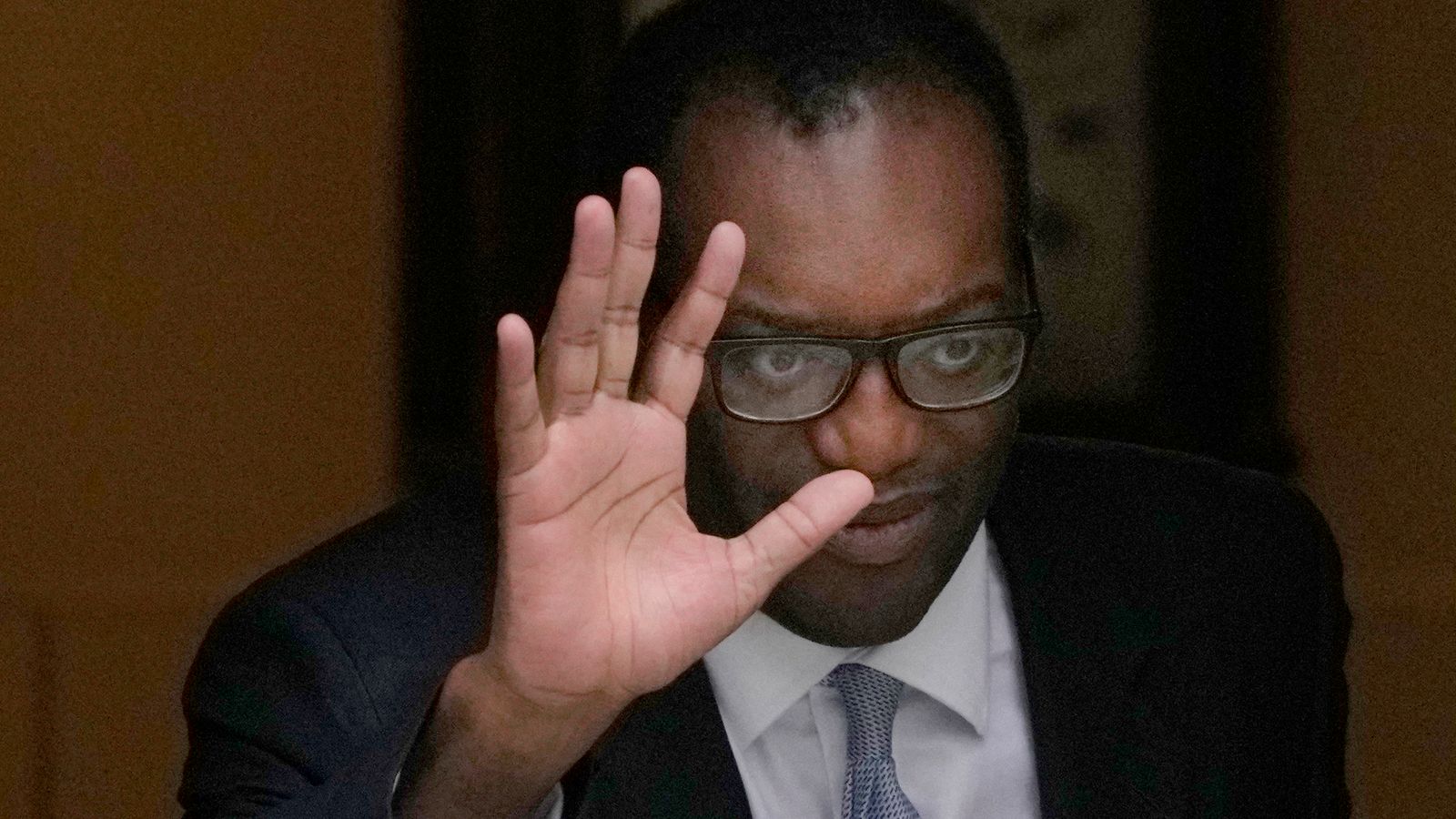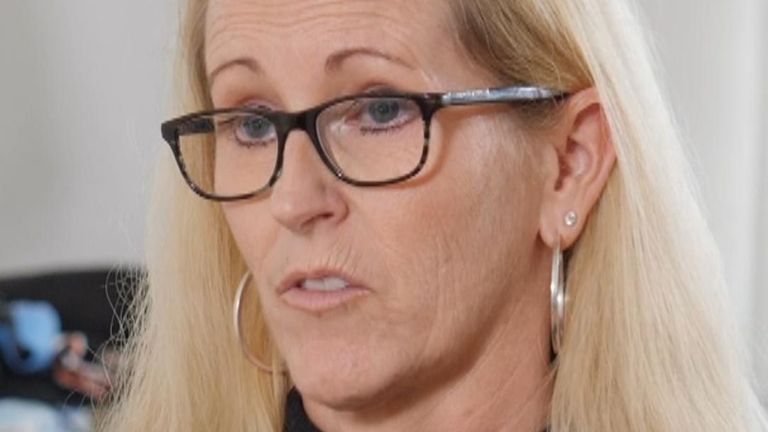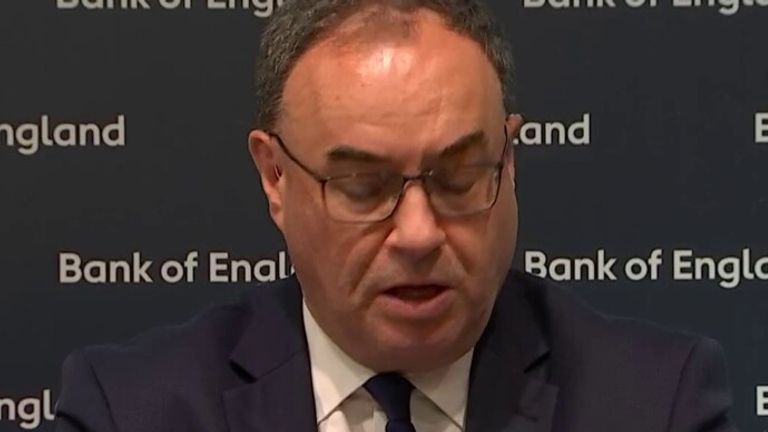Former chancellor Kwasi Kwarteng has admitted he has been “affected” by his own mini-budget which was blamed for creating economic turmoil while Liz Truss was prime minister.
Mr Kwarteng, who was sacked by Ms Truss after just 38 days in the job, said his own mortgage repayments had “gone up considerably”.
However, he denied he was to blame for the wider economic situation and rising interest rates, which he said falls under the responsibility of the Bank of England.
Speaking to GB News’s Camilla Tominey, Mr Kwarteng was asked whether he had any sympathy with those facing higher mortgage costs.
“Of course I do”, he replied.
“I’m probably revealing too much: I’m on a tracker, so I’m affected as well. They’ve gone up considerably.”
Asked whether he had been “screwed by your own mini-budget?”, he replied: “No, not at all because Camilla we are mixing two things.”
He added: “The Bank of England was in charge of inflation and my tracker rate and other people’s tracker rates will be linked to the Bank rate, and whatever margin you have to pay.
“And the reason why interest rates have gone up very high is because we’ve totally missed the goal on inflation, we’ve totally misjudged inflation.”
Asked how much his mortgage bill had gone up by, Mr Kwarteng said: “A lot. We bought the house in 2021 so it’s gone up quite a bit since then.
“I’m just as exposed to interest rates as anyone else.”
In his mini-budget on 23 September, Mr Kwarteng unveiled £45bn in unfunded tax cuts and the promise to abolish the 45p top rate of tax.
The mini-budget, otherwise known as the “fiscal event”, triggered turbulence in the financial markets, sent the pound tumbling and led to an unprecedented intervention by the Bank of England stop pension funds collapsing and pushing mortgage rates up.
Mortgage costs increased significantly following the turmoil of the mini-budget, while lenders pulled a record number of mortgages in a single day the following week.
Last month, fixed mortgage rates rose again after a brief fall, according to financial information company Moneyfacts.
Read more:
The squeeze on renters is a symptom of Britain’s housing crisis of supply and affordability
Wilko: 12,000 jobs at risk as UK retail chain on brink of collapse
Meanwhile, the Bank of England raised interest rates for the 14th successive time on Thursday, lifting its official rate to 5.25%.
The quarter percentage point increase was smaller than some economists had expected, following the release of lower-than-anticipated inflation data last month.
Inflation currently stands at 7.9%.
Bank of England Governor Andrew Bailey defended the interest rate hike on the grounds it was necessary to bring inflation down to its 2% target.
“We know that inflation hits the least well off hardest and we need to make absolutely sure that it falls all the way back to the 2% target. That’s why we’ve raised rates to 5.25% today,” he said.


